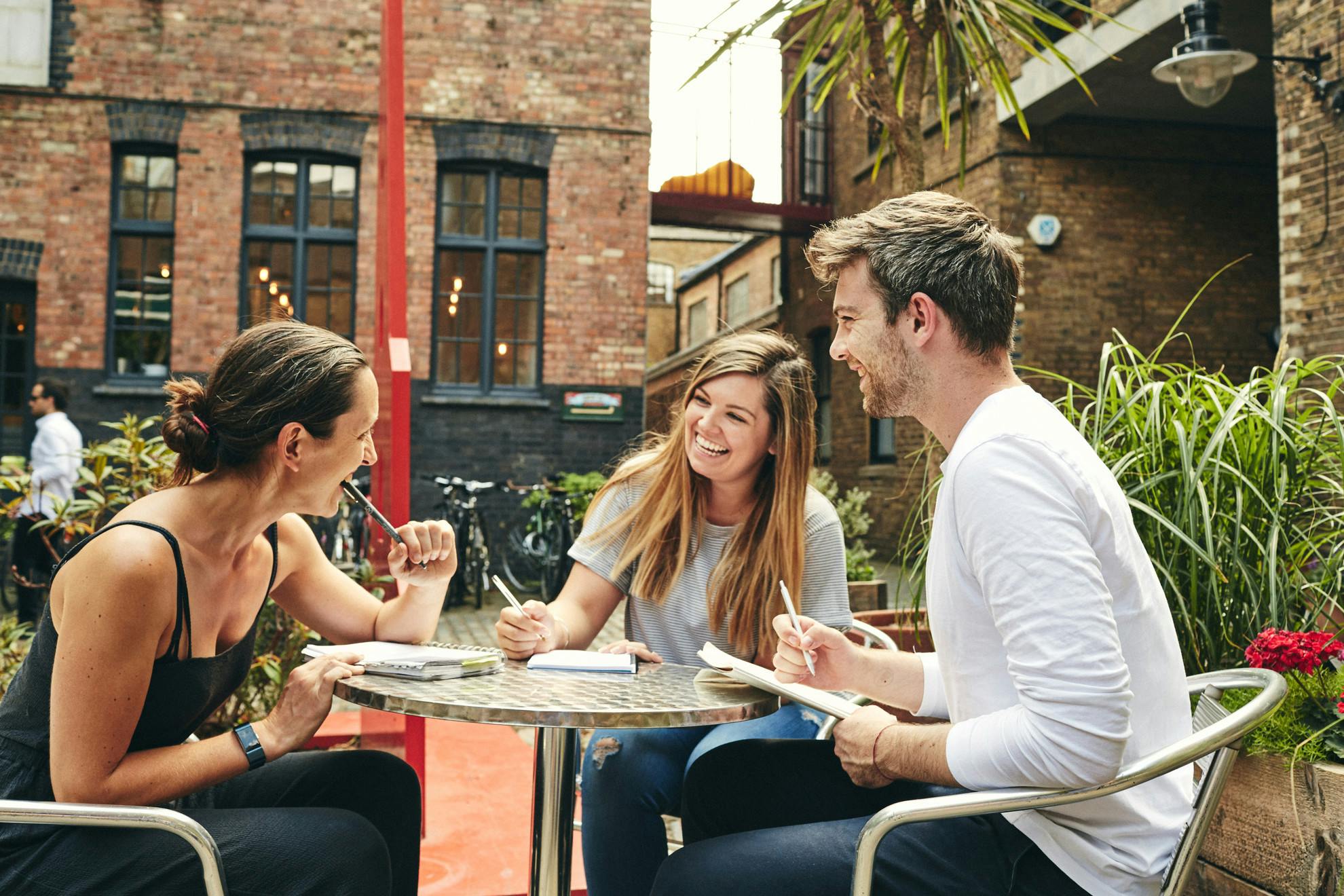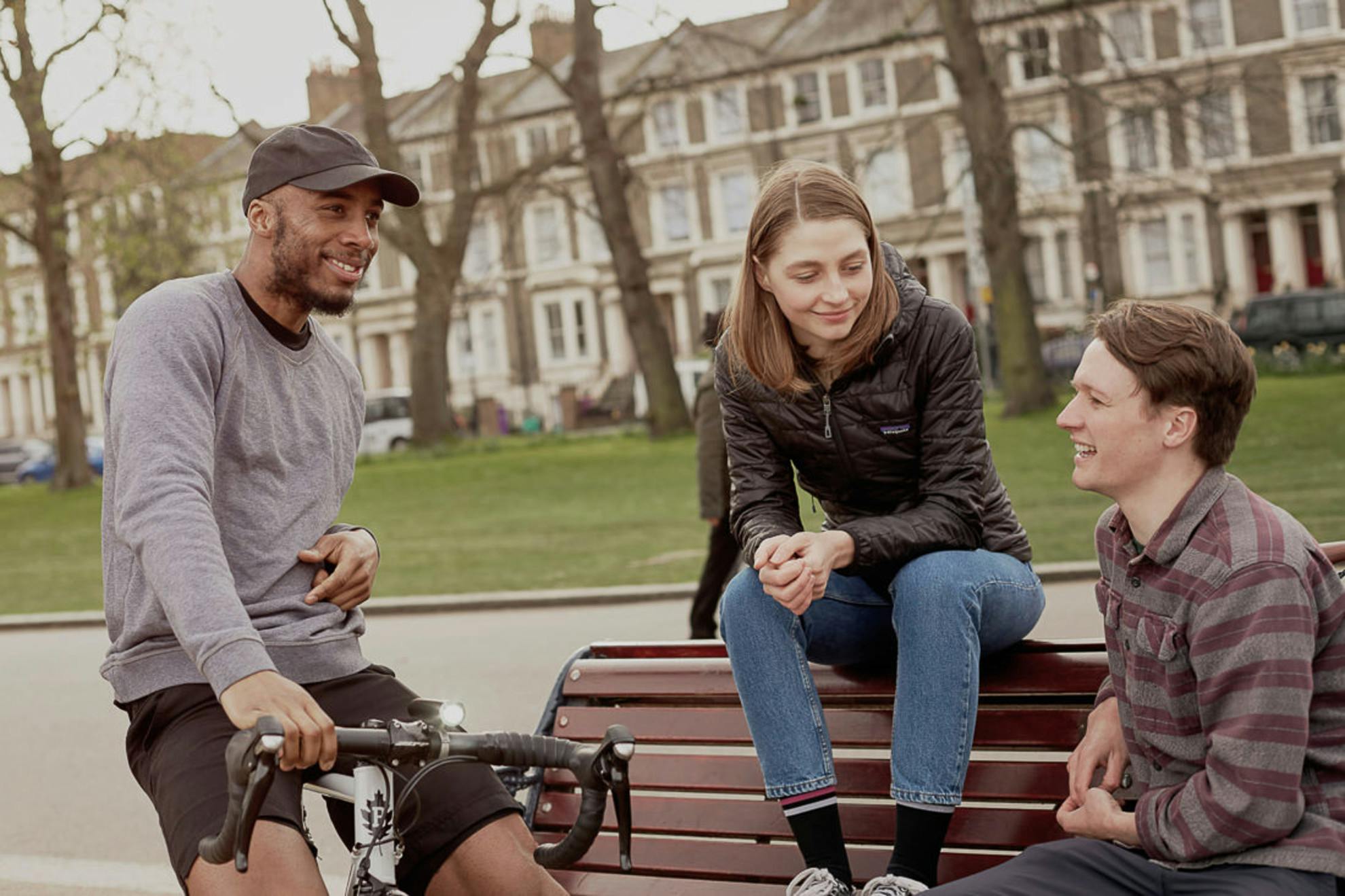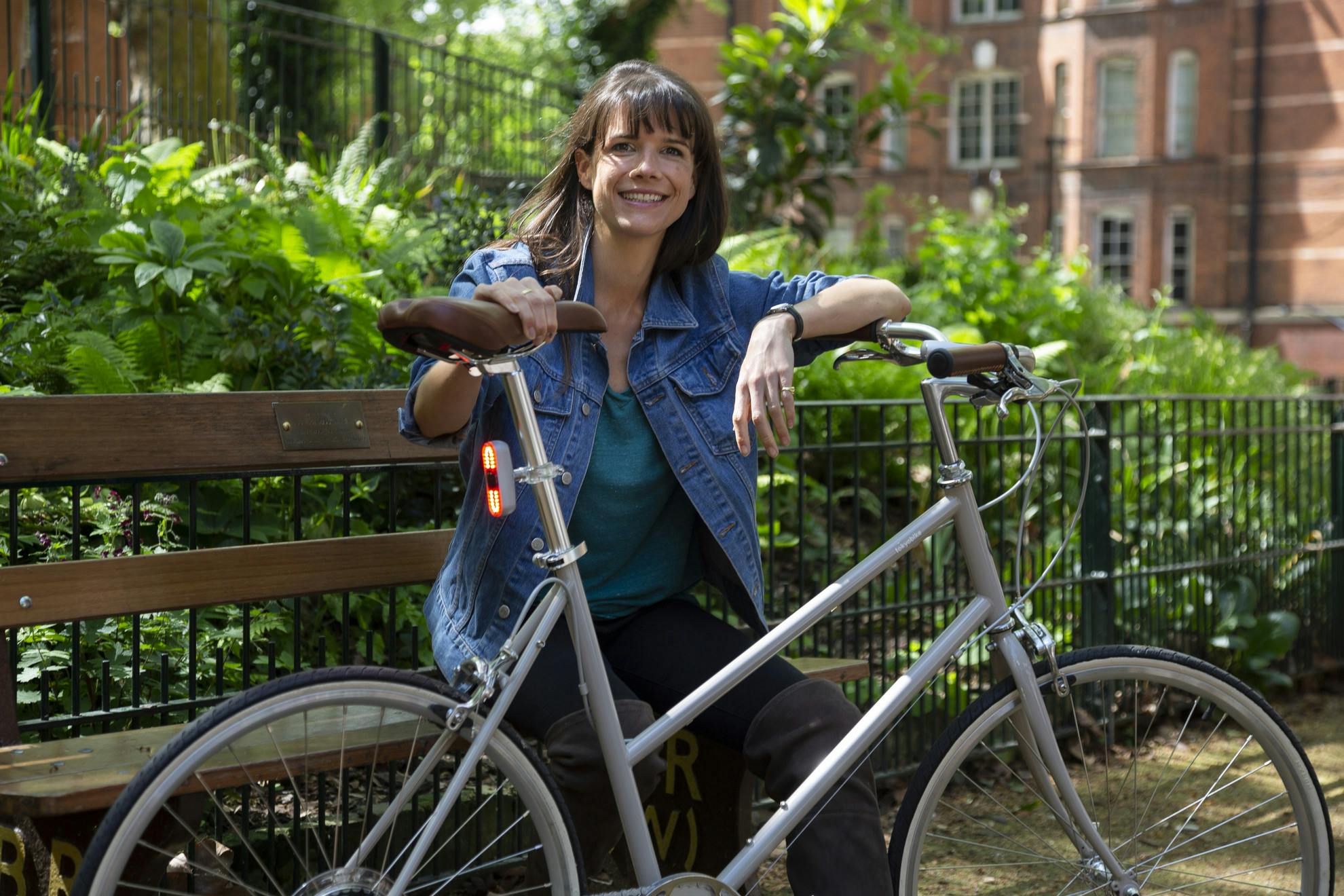Beryl's journey to B Corp
An honest account of how we got here
We're proud to announce that Beryl has been certified as a B Corp. Our journey to B Corp status actually began with inspiration taken from Kickstarter! Yancey, one of the Kickstarter founders, was in London a couple of years ago and met with Emily, our founder. During their conversation he explained how excited and proud he was that Kickstarter had recently gone through the process of changing their legal status to become a Public Benefit Corporation. Kickstarter was one of the first forward-thinking companies in the US to make the transition and to legally commit to making a positive impact on society.
This was the first time Emily and the organisation had heard of a ‘Benefit Corporation’. A for-profit company committing to the pursuit of social good, potentially at the cost of shareholder value. It was an initiative we immediately admired and something we aspired to one day assimilate.
Our journey kicked off at Beryl when B Labs, the ‘governing body’ of Benefit Corporations, officially launched in the UK in 2015. Fast-forward to today, and we are pleased to announce that we too are certified; we have joined the global ranks of Benefit Corporations and we’d like to give an honest account of our journey, the biggest challenges and the unexpected successes as well.

What is B Corp?
Simply put, B Corp is the pursuit of the so-called “Triple bottom line” - not just profit, but taking equal consideration of ‘people’ and ‘planet’ in our understanding of business success. The intention is to create sustainable businesses that champion business as a force for good. Read more about what a B Corp is here.
The process of becoming a B Corp begins with a self assessment, and the company’s Board of Directors must then give written approval. The process is rounded off by a 90 minute review call from the B Corp HQ where responses are scrutinised and evidence presented. Points are won and lost in this call, but it is designed to be a supportive process the gives plenty of opportunities for growth. B Corp status is granted once at least 80 out of 200 points have been granted, but this can be considered just the starting point of an ongoing process of growth and improvement to uphold the values of B Corp into the future.

Our motivations for becoming B Corp
At Beryl, we make equipment that removes one of the biggest barriers to cycling - personal safety. We’ve since used our proprietary technology and other advancements to empower more people to cycle via bike share, but at the heart of what we do is encouraging cycling as a legitimate mode of urban transport.
There’s a few key things that unify the people behind the brand - call it the Beryl fingerprint. We’re a company of cyclists, from hardcore racers to bike share dabblers. We’re also an office full of optimists with a deep drive to work for a cause that inspires. We recognised that the B Corp framework could help us evolve into the company we and others wanted to work for, and (admittedly without knowing what we were getting into), the agreement to pursue the certification was unanimous.
Lastly, we became a B Corp because we could. We were small enough to decide to do it, to dedicate time towards locking in our business principles and values for the future. A huge benefit of working for a small company or startup is the influence we all can have, and how quickly the impact of individual actions can be seen, and felt.

It’s not easy
There were plenty of challenges along the way. We often asked others for help, but on occasions we had to figure out the right path for ourselves. Of the many considerations and hurdles, these were our biggest five challenges:
- It requires the engagement of the entire team - and for everyone to get involved, they have to feel involved, and be equally invested in what we are trying to achieve. This was difficult when deadlines were approaching and workloads increasing.
- We grew from a team of eight in a tiny office in Bethnal Green (so small that we used to refer to it as ‘the bike shed’) to a company just shy of 30 over the certification process. With the rapid changes it was very difficult to keep all of our metrics up to date and current. The headcount, wage parity, volunteer hours and training time metrics are split on a headcount that’s constantly changing.
- We kicked off some huge projects at the exact same time. We became the technology partner for London’s Santander Cycles, which meant we not only provide Laserlights but also take care of power management, locking and unlocking, recharging capacitors, tracking mileage, monitoring wear and tear, future proofing electronic hardware as well as all onboard lighting. We created retro-fitting lighting for smaller bike share schemes and made it compatible with e-bikes as well. We also continued to respond to consumer demands and made new products within reach of all cyclists such as our new Laserlight Core, Burner Brake and Pixel. All of this, and we’re still a small team.
- We gained responsibilities. As Beryl diversified, so did our team. We went from a company exclusively made up of twenty-somethings to one that employed people with families, spouses, and those becoming parents for the first time. As a company, part of the responsibility for employees extends to this wider family. We wrote our first parental leave policies, guided by the examples given by the B Impact Assessment. We introduced pension plans and benefits packages, volunteer hours, knowledge-sharing sessions and enabled training.
- We changed our name from ‘Blaze’ to ‘Beryl’ - an easy task on paper, but not one to dismiss. This one change affected everything!

What we’ve learned in the process
We learned that the certification process is not a scorecard, it’s a thorough education into the darkest corners of your business. The assessment actively guided us to make changes, as every question of the hundreds in the B Impact Assessment is coupled with an explanation and real-life example.
We used the certification process to help us build explicitly-stated ethical foundations based upon tested principles. As a result, our business operations sharpened up, and we began to formalise many of the processes we informally did, or now realised we should be doing. We visit all of our major suppliers, but we now had checklists and documentation. We wrote best practice HR policies and made them accessible to staff. We improved transparency by making our company accounts open internally.
Overall, we learned about the sum of everything we have to give. As a business we make money, but in addition, almost every day we collect bicycles for a charity donating them to refugees. We mentor students. We responsibly recycle our office waste (we even have compost bins!) alongside electronic waste and end of life products. Ultimately - in what was a revelation - we learned the true, quantifiable value of our collective actions and how much impact we, at Beryl, already have and how much more we can do.

How did we do?
To certify, a business must score a minimum of 80 points of a possible 200. We said we’d be honest, so here's how we fared: the first time we completed the assessment as a team of eight we scored around 40! We did a lot of groundwork to raise our score and it took time, so the moment we got above 80 we couldn’t wait. We submitted our assessment and waited (not so patiently!) for our review call.
After some phone calls, screening of evidence and submission to the standards team, our final score settled on 83.3 points! We finally got to officially join the ranks of companies with a shared commitment to the idea of ‘business as a force for good’.
The timeline for a company to achieve the minimum number of points varies hugely depending on the starting point, the time and resources available to dedicate to the process and the complexity of the organisation. We estimate it took us around 18 months to progress from 40 points to reach the pass mark, but for some companies this process can be a lot faster.
What’s next?
Our B Corp certification means we have joined a family of other like-minded businesses - and there's no going back. Our ‘triple bottom line’ of Profit, People and Planet now needs to be properly considered by all of us at Beryl when making business decisions. That’s our commitment and indeed one shared by every certified company - it’s a pathway of continuous improvement.
In three years’ time we will have to re-certify, and the expectation is that Beryl’s score improves. We have to keep an eye on certain metrics and make a target for improvement. For example, we could make a target for reduction in energy use, or we’ll target an increase for metrics such as volunteer and training hours.
In sharing our story, we’d like to encourage other businesses to review themselves using the anonymous snapshot report, just as we too were encouraged. There’s no better way to explore the potential for growth.
Aside from the energies of every single person at Beryl, we couldn’t have got certified without the initial contact from Volans, workshops and events run by B Labs UK, guidance from Junxion and the team at the B Corp headquarters who were very much involved for the final stage.
